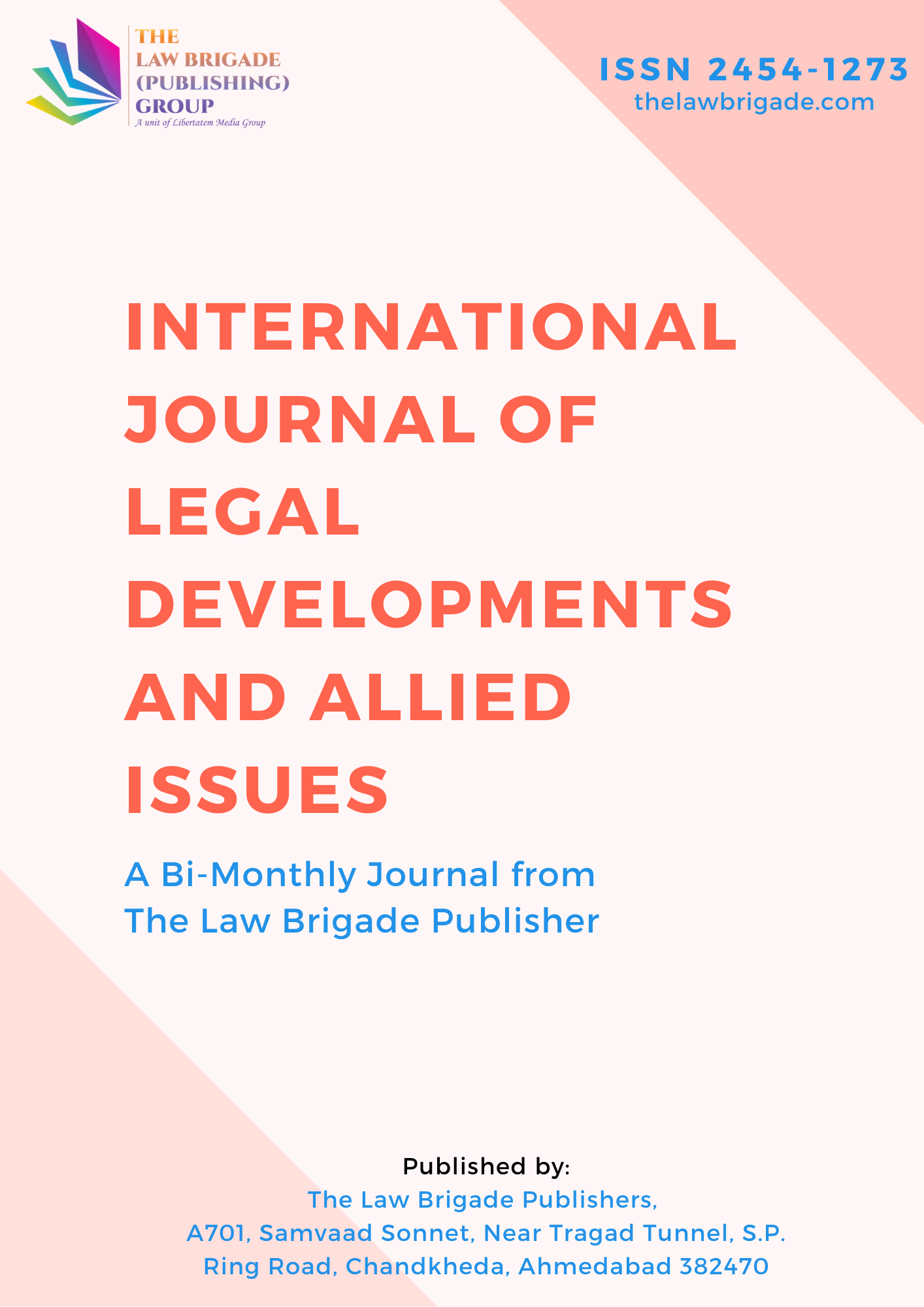This paper investigates the crucial role of anti-money laundering (AML) laws and institutions in Nigeria in achieving the Sustainable Development Goal (SDG) 16 objectives of encouraging peace, justice, and strong institutions. For decades, Nigeria has unsuccessfully grappled with the challenge of establishing an effective legal framework to tackle money laundering, especially in the government space. Public officeholders and other state actors have used their positions of trust to launder illegally acquired funds and little or no attention is paid to the political class. Given Nigeria’s tremendous economic growth and susceptibility to financial crimes, this paper using the doctrinal research methodology investigates the effectiveness of AML’s and institutions in combating money laundering. It examines Nigeria’s attempts to match international standards and contributes to SDG16 targets by conducting a thorough examination of AML laws, regulatory frameworks, and institutional processes. It examines the obstacles and gaps in enforcement, coordination, and capacity building, considering variables such as corruption, poor governance institutions, and inadequate resources. It recommends opportunities to improve financial integrity and transparency, such as increasing inter-agency coordination, thorough financial monitoring of the cost of governance, and fostering public-private collaborations to strengthen the country’s commitment to financial integrity and achieve SDG16 objectives.
The Role of Anti-Money Laundering Laws and Institutions in Promoting Financial Integrity and Transparency towards Achieving SDG 16 in Nigeria
Publication Information
Journal Title: International Journal Of Legal Developments And Allied Issues
Author(s): Edith Nwosu, Samuel Nwatu & Edwin Arum
Published On: 15/05/2024
Volume: 10
Issue: 3
First Page: 19
Last Page: 42
ISSN: 2454-1273
Publisher: The Law Brigade Publisher
DOI Not Allotted [Get DOI]
Cite this Article
Edith Nwosu, Samuel Nwatu & Edwin Arum, The Role of Anti-Money Laundering Laws and Institutions in Promoting Financial Integrity and Transparency towards Achieving SDG 16 in Nigeria, Volume 10 Issue 3, International Journal Of Legal Developments And Allied Issues, 19-42, Published on 15/05/2024, Available at https://ijldai.thelawbrigade.com/article/the-role-of-anti-money-laundering-laws-and-institutions-in-promoting-financial-integrity-and-transparency-towards-achieving-sdg-16-in-nigeria/
Abstract
Keywords: Money Laundering, SDG, Fraud, Crime, Finance, Integrity





